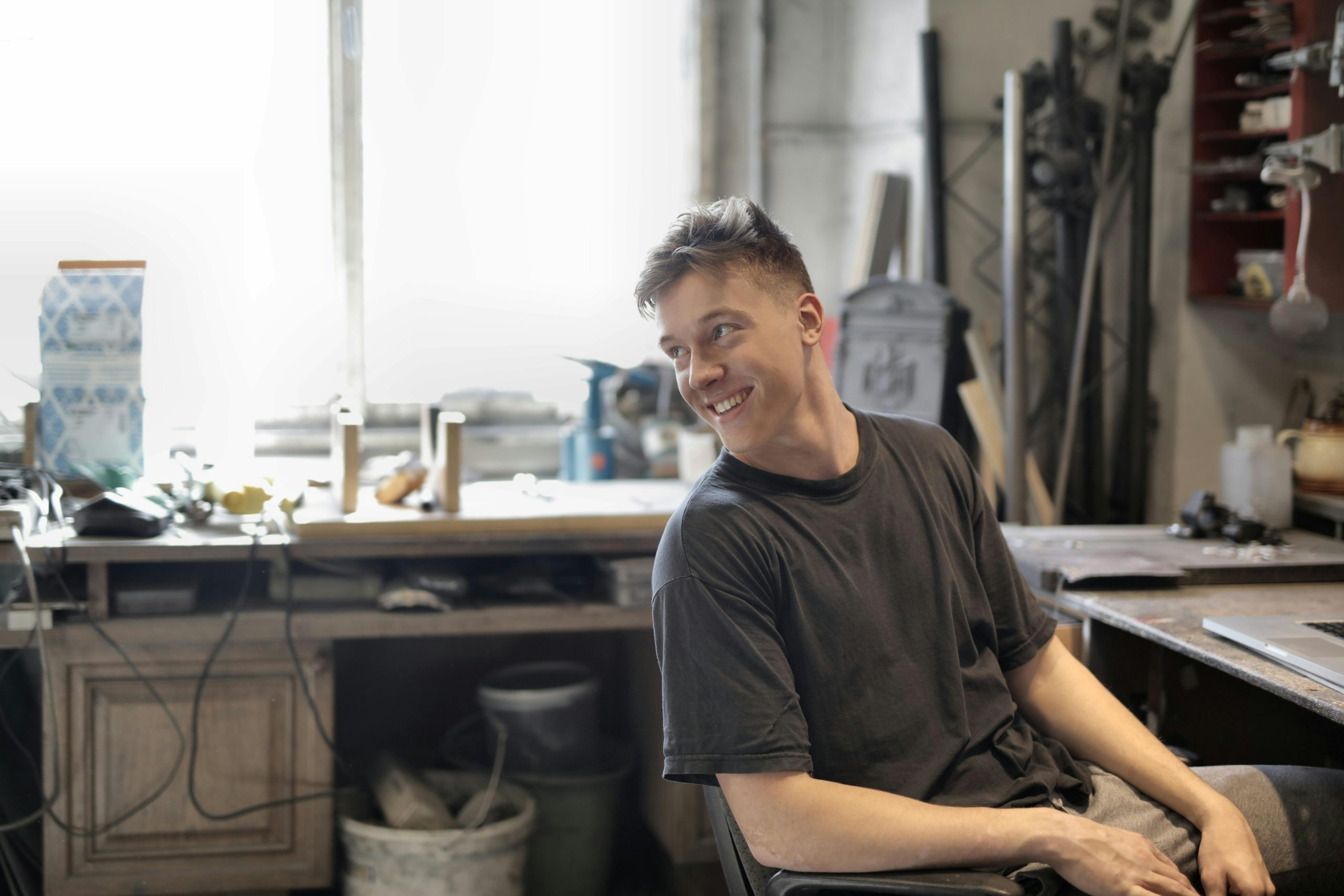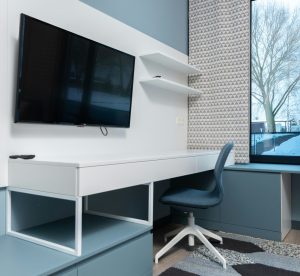How to Develop Creative Problem-Solving Skills for Life Challenges
Problem-solving skills are a necessary aspect of everyday life. From small inconveniences to major hurdles, being able to approach and tackle challenges with creativity and efficiency is crucial for success. However, many of us struggle with developing a creative problem-solving mindset. We often find ourselves stuck in conventional methods and fail to come up with innovative solutions. Fortunately, like any skill, problem-solving skills can be developed and honed. In this article, we’ll explore how to develop creative problem-solving skills for life challenges. 
What Are Creative Problem-Solving Skills?
Before diving into how to develop these skills, it’s important to understand what exactly they are. Creative problem-solving skills involve approaching challenges with unconventional and imaginative methods. It involves thinking outside of the box, exploring various perspectives, and finding unique solutions. Being a creative problem solver means utilizing both the logical and creative aspects of the brain. It also involves being flexible and adaptable in your approach.
The Importance of Creative Problem-Solving Skills
In today’s competitive world, having strong problem-solving skills is more important than ever. It not only helps individuals navigate through their personal and professional challenges, but it also adds value to the workplace. Employers look for candidates who can think critically and creatively to solve complex problems. These skills also contribute to personal growth and development, leading to increased self-confidence and overall success.
Ways to Develop Creative Problem-Solving Skills
1. Embrace a Growth Mindset
The first step to developing any skill is having a growth mindset. It involves believing that with effort and practice, you can improve and master new skills. Embracing a growth mindset allows you to be open to new ideas, take risks, and learn from mistakes. This mindset is crucial for developing creative problem-solving skills as it gives you the confidence to try unconventional approaches and embrace failure as a learning opportunity.
2. Practice Creative Thinking Techniques
There are various techniques that can help stimulate creativity and innovative thinking. These include brainstorming, mind mapping, and free association. These techniques encourage you to think outside of the box and explore new possibilities. You can also try changing your environment or routine to spark creativity. Sometimes a change of scenery can lead to fresh ideas and perspectives.
3. Seek Different Perspectives
One of the key components of creative problem-solving is being able to see things from different angles. This allows you to gain a deeper understanding of the challenge and come up with unique solutions. Seek perspectives from people with different backgrounds and experiences. It can also be helpful to play devil’s advocate and challenge your own beliefs and assumptions. This exercise can lead to new insights and ideas.
4. Be Curious and Ask Questions
Curiosity is a crucial aspect of creative problem-solving. It involves asking questions and seeking answers. Don’t be afraid to question the status quo and challenge the norm. This mindset can lead to innovative solutions and push you out of your comfort zone. Keep asking “why” to dig deeper and uncover underlying issues. The more you question and explore, the more you’ll learn and develop as a problem solver.
5. Practice, Practice, Practice
Developing any skill takes time and practice. The same goes for creative problem-solving skills. Look for opportunities to practice problem-solving in different aspects of your life, whether it’s at work, in your personal relationships, or with random challenges. The more you practice, the more confident and skilled you’ll become in approaching problems with creativity and efficiency.
Final Thoughts
Creative problem-solving skills are not only beneficial for overcoming life challenges but also for personal growth and success. By embracing a growth mindset, practicing creative thinking techniques, seeking different perspectives, and consistently practicing, you can develop and improve your problem-solving abilities. With time and effort, you’ll see a positive impact on both your personal and professional life. So remember to think outside of the box and approach challenges with an open mind and innovative mindset.










